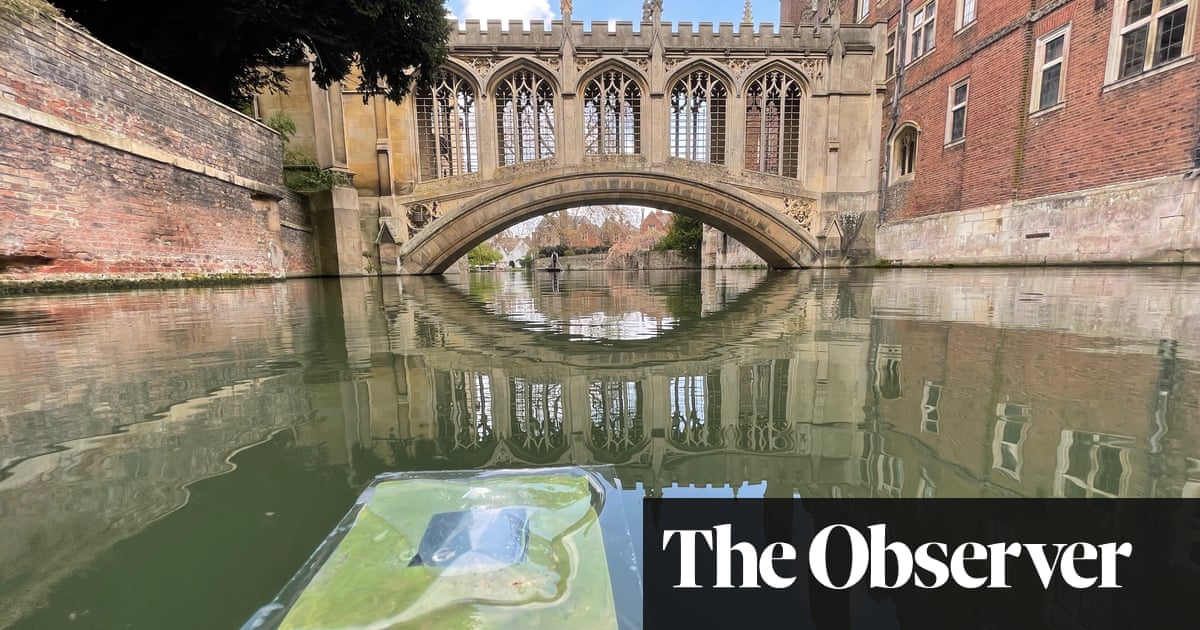- cross-posted to:
- science
- cross-posted to:
- science
Automated floating factories that manufacture green versions of petrol or diesel could soon be in operation thanks to pioneering work at the University of Cambridge. The revolutionary system would produce a net-zero fuel that would burn without creating fossil-derived emissions of carbon dioxide, say researchers.
The Cambridge project is based on a floating artificial leaf which has been developed at the university and which can turn sunlight, water and carbon dioxide into synthetic fuel. The group believe these thin, flexible devices could one day be exploited on a industrial scale.
“Solar panels are excellent at generating electricity and are making a great contribution to the world reaching its net zero aspirations,” said Erwin Reisner, the professor of energy and sustainability at Cambridge University. “But using sunlight to make non-fossil fuels that could be burned by cars or ships takes things a stage further.”
Reisner and his colleagues envisage exploiting the technology to build carpets of artificial leaves that would float on lakes and river estuaries, and use sunlight to convert water and carbon dioxide into the components of petrol and other fuels. “The crucial point is that we are not decarbonising the economy through techniques like these,” Reisner said. “Carbon is still a key component. What we are doing is to ‘defossilise’ the economy. We will no longer be burning ancient sources of carbon – coal, oil and gas – and adding greenhouse gases to the atmosphere, a process that is doing so much damage at present.”


